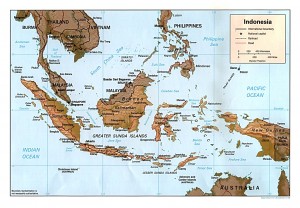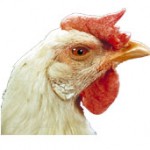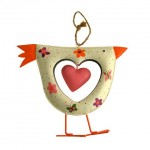When neural parasites meet global warming: Trouble for all of us may be brewing on a remote uncharted island.
 Who’s driving the bus, human beings or their parasites? From a manuscript found under a bed:
Who’s driving the bus, human beings or their parasites? From a manuscript found under a bed:
Let us visit an outlying island that must remain nameless. It is only uncertainly part of a tiny outlying archipelago, itself only uncertainly part of Indonesia which, with some 17,000 islands, is the largest archipelago nation in the world. This island barely breaks the surface of the sea.
Here we find a population of unknown provenance — their language most closely resembles Inuktitut or, possibly, Turkish. They believe that eating the still-throbbing hearts of poultry can make them as brave as a chicken.
This idea, in some way, constitutes part of their myth of the origin, and has, over the centuries, spelled a painful end for many a chicken. Only careful animal husbandry and sustainable resource management have averted the local extinction of these birds. (E.g. one custom perhaps peculiar to this society is that of grinding up their dead and adding the meal to poultry feed.)
This wisdom, a bloody prescription for courage, has gone mostly unquestioned, and is tested only during intramural ritual combat, since other human groups have never impinged on this island. According to our source, who must remain anonymous, it is true that selective evolutionary pressures have produced local poultry with extraordinarily large hearts. In all other respects, however, these birds are indistinguishable in terms of physical features and behavior, including relative bravery, from domestic fowl common throughout Asia and the Pacific.
Worm at the core of the matter
But here’s the interesting thing. A parasitic worm inhabits the hearts of these chickens and, in some way, probably chemical, the worm manipulates the behavior of both its life-cycle host species. In a manner counter-intuitively sophisticated, given that this creature is a worm, it assumes control of the chicken’s brain, rendering it apparently indifferent to the approach of humans with knives. (See “Who’s driving the bus? Parasites rool, OK!” for a feline-rodent equivalent.) Indeed, it makes surprisingly little fuss even as its heart is torn from its living body and ingested right before its largely inexpressive eyes. This behavior, in itself, has surely contributed to its reputation for uncommon bravery. But the evidence suggests it also chemically interferes with human perceptions of the world, given the degree of nobility and courage ascribed to chickens by the local population.
 This very successful worm rides back and forth between Host A and Host B, adeptly regulating the material conditions of its own success. However sophisticated such an organism may seem, though, rising sea levels spell doom for worm, chickens and local human population alike, since the entire island will soon be submerged. Unless the worm adapts to some marine host(s), of course, in which case the parasite, at least, might survive.
This very successful worm rides back and forth between Host A and Host B, adeptly regulating the material conditions of its own success. However sophisticated such an organism may seem, though, rising sea levels spell doom for worm, chickens and local human population alike, since the entire island will soon be submerged. Unless the worm adapts to some marine host(s), of course, in which case the parasite, at least, might survive.
Something to consider: Would this worm then enter the global human food chain? And what policy choices does this suggest for international relations with this island population now, before the threat eventuates? 

1 thought on “Fable with parasites I: Bravery lies in the brain of the beholder”
Comments are closed.